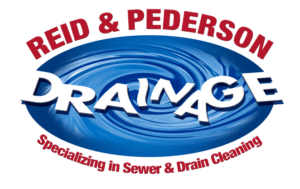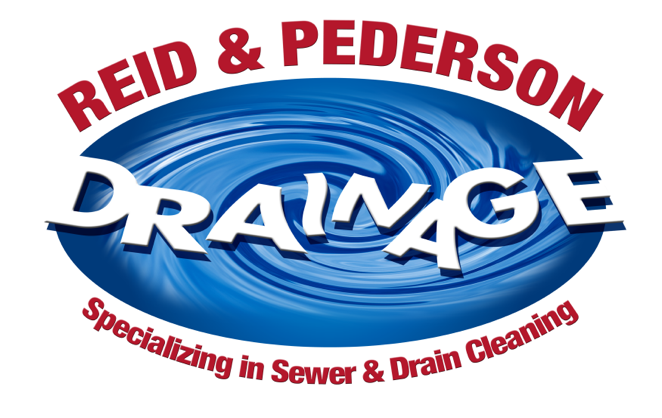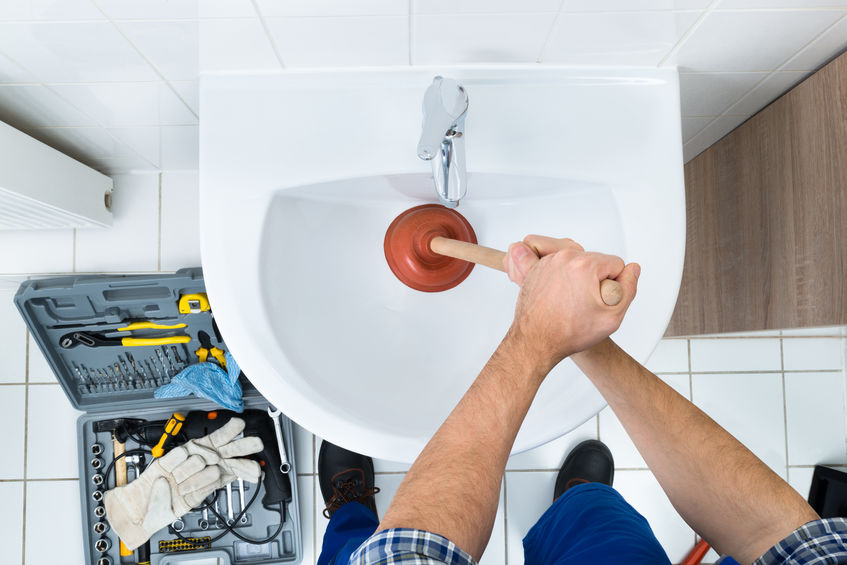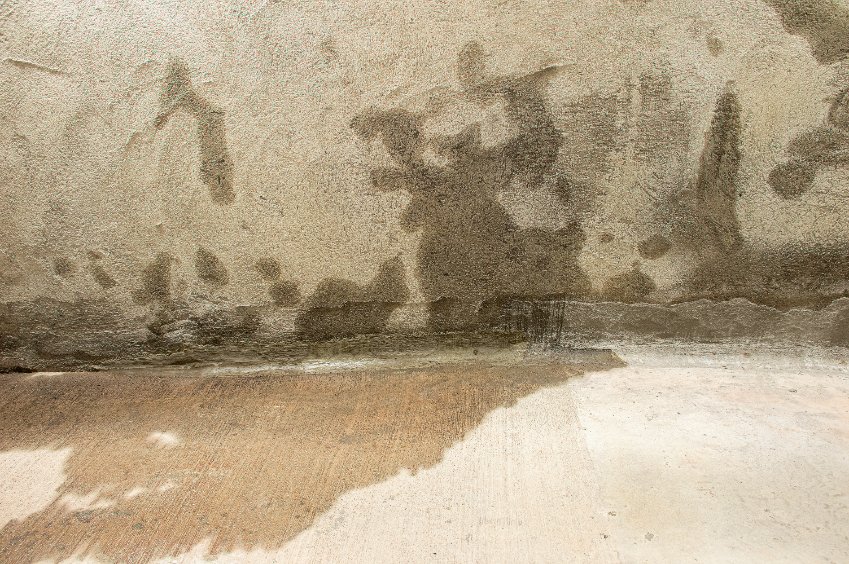
If you look out your window and see a lake but you don’t own any lakefront property, you could have a drainage problem at your home.
While it may seem harmless to see pools of water in your landscape, it’s important to know what is happening underground and how water can affect the safety and integrity of your home.
Read on to learn more about drainage problems or reach out to the Crete sewer and drainage experts at Reid & Pederson today!
South Suburbs
NW Indiana
Signs You Have A Drainage Problem
If you notice any of the following signs in your landscape or in your basement, it’s a pretty good indication that your home does indeed have a drainage problem.
- Pooling/standing water in your yard
- Soggy, squishy ground
- Overflowing gutters or downspouts
- Unexplained leaks in your basement
- Mildew smell
- Visible mold on basement walls
What Causes Drainage Problems?
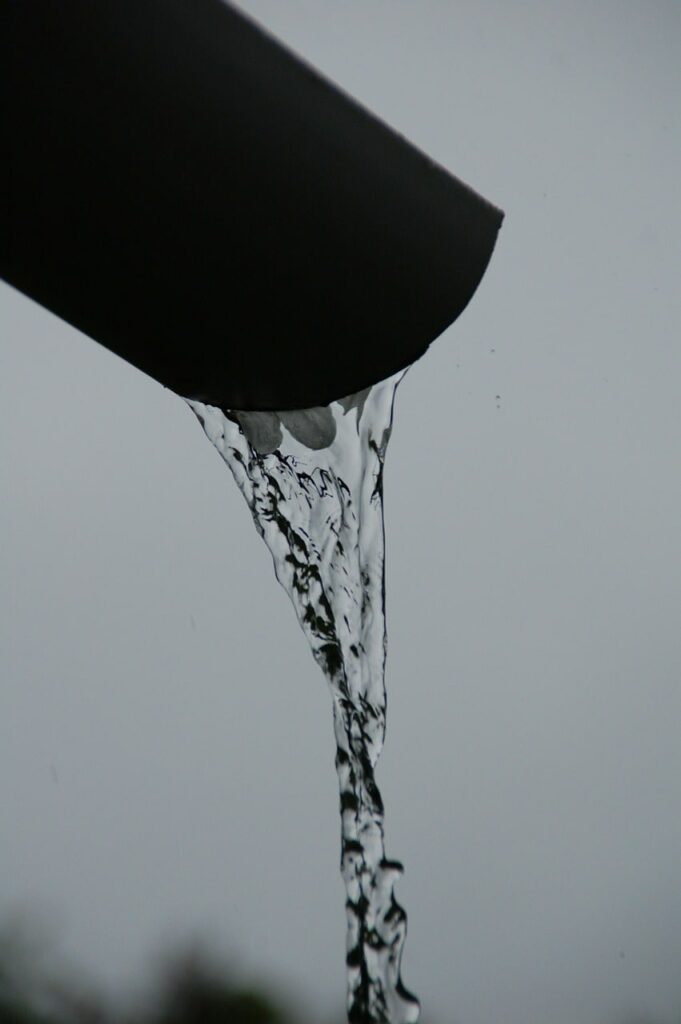
Landscape Grading
There are several reasons why drainage problems pop up. One of the biggest culprits is the grading of the landscape. When your home was built, the landscape was graded on a very slight slope. When done correctly, this grade prevents water from flowing towards your home during times of heavy rainfall or snowmelt. If the landscape is graded improperly and is flat, water will settle on top of the lawn once the soil below becomes saturated. Because the water has no place to go, it can eventually find a way near the foundation of your home.
Gutters & Downspouts
Other common culprits are the gutters and downspouts of the home. Gutters that are filled with leaves and other debris can overflow, causing water to spill next to the house. Downspouts that aren’t pointed far enough away from the home also allow water to settle near the foundation. Keeping gutters clear and extending downspouts at least five feet from the home can greatly reduce the amount of water that finds a way near your home.
Consequences of Drainage Problems
Water has many negative effects that can cause lots of damage to your home. Issues such as mold, bugs and pests, basement leaks and foundation damage are just a handful of issues that can pop up with a home drainage problem. Diverting water away from your home as much as possible will prevent issues before they become large, costlier ones.
Help from the Drainage Pros
If you’re experiencing any kind of drainage problem in Crete, IL or the surrounding area, don’t hesitate to reach out to Reid & Pederson Drainage for help! We offer a full range of drainage services, so give us a call or contact us today!
